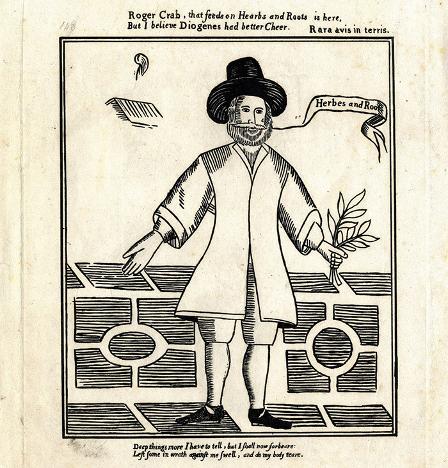What was discussed - The Militia
Why was this important?

Before England had a professional standing army, local militias, recruited whenever the need arose, were a vital tool for keeping the peace and for making war. The Treaty sought to establish who controlled the militia, and where it could be used.
The Parliamentary view
England's militias should be trained and organised as Parliament chooses.
Commissioners should be appointed in England and Scotland to raise forces in the event of invasion or revolt.
They should act as a joint committee when needed.
The Royalist view
It is the King's role to resist his enemies and protect his subjects. The standing of the Crown overseas will diminish if it cannot militarily support its allies.
Commissioners should be appointed jointly by King and Parliament. The office of commissioner should last for only three years once peace is declared.
Scottish commissioners should have no influence over English affairs.